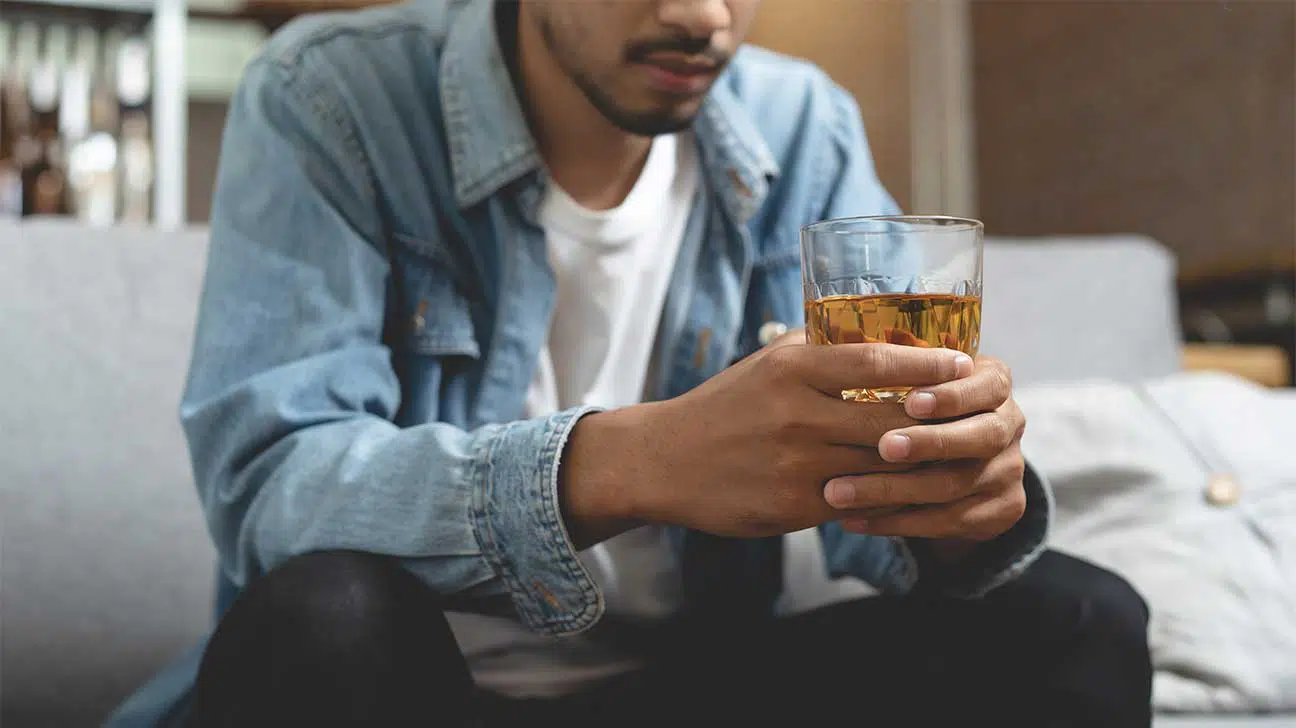
Naltrexone is a prescription medication that can help reduce the amount of alcohol a person drinks, and the frequency. It can also help treat alcohol use disorder.
Naltrexone blocks the pleasurable effects of alcohol (i.e. the “buzz”) but it doesn’t prevent alcohol-related impairment, which means you can still become intoxicated.
Find out more about taking Naltrexone for opioid and alcohol addiction
What Naltrexone Can Do For Alcohol Use Disorder
Naltrexone is a medication that can help reduce cravings for alcohol and reduce a person’s desire to drink alcohol by blocking its euphoric effects.
Euphoria is a term that refers to the “high” or “buzz” you might feel from drinking alcohol. Naltrexone can prevent this and thus make drinking less desirable.
Risks And Dangers Of Drinking While On Naltrexone
Drinking alcohol while taking naltrexone, or receiving naltrexone injections (Vivitrol) for a substance use disorder, should be avoided when possible.
While naltrexone can prevent the “buzz” of alcohol, it doesn’t prevent other physical or cognitive effects of intoxication, such as impaired judgment and poor motor control.
If you do drink alcohol while on naltrexone, you should still avoid driving, operating heavy machinery, or performing any activity that requires good coordination.
Naltrexone And Alcohol FAQs
Drinking alcohol while taking naltrexone for a drug or alcohol use disorder isn’t advised. Find answers to frequently asked questions about naltrexone and alcohol use.
❓ What Happens If You Drink Alcohol While On Contrave?
✔️ People who are taking Contrave (naltrexone/bupropion) for weight loss should not drink heavily while taking this medication.
Those who have a history of alcohol use disorder, or who drink excessively while taking Contrave, could be at risk for having a seizure with concurrent alcohol use.
❓ Does Naltrexone Enhance The Effects Of Alcohol?
✔️ No. Naltrexone does not enhance or boost the effects of alcohol.
❓ Does Naltrexone Decrease The Effects Of Alcohol?
✔️ No. Naltrexone doesn’t prevent impairment from alcohol, nor does it prevent health problems associated with chronic alcohol abuse, such as liver damage.
What naltrexone can do is prevent the euphoric effects of alcohol, which can make drinking less desirable for those with a history of alcoholism.
❓ Is Naltrexone The Same As Antabuse?
✔️ Naltrexone is an opioid antagonist. Antabuse (disulfiram) is an alcohol antagonist. Both are used to treat alcohol dependence, but they’re not the same.
While Antabuse can make a person feel sick if they drink, naltrexone will just prevent you from feeling a “high” from alcohol.
Call Today To Learn More About Naltrexone Treatment
Naltrexone is one of several medications that are FDA-approved to help treat substance use disorders, including addiction to opioids and alcohol.
Naltrexone can help people drink less, or help people who are in recovery from alcohol use disorder maintain their sobriety.
For more information about naltrexone or how to find addiction treatment near you, call our helpline to speak to one of our staff members today.
Addiction Resource aims to provide only the most current, accurate information in regards to addiction and addiction treatment, which means we only reference the most credible sources available.
These include peer-reviewed journals, government entities and academic institutions, and leaders in addiction healthcare and advocacy. Learn more about how we safeguard our content by viewing our editorial policy.
- American Family Physician —Naltrexone for Alcoholism
https://www.aafp.org/afp/2000/0315/p1891.html - Substance Abuse and Mental Health Services Administration (SAMHSA) — MAT Medications, Counseling, and Related Conditions
https://www.samhsa.gov/medication-assisted-treatment/medications-counseling-related-conditions - Substance Abuse and Mental Health Services Administration (SAMHSA) — Naltrexone
https://www.samhsa.gov/medication-assisted-treatment/medications-counseling-related-conditions/naltrexone


